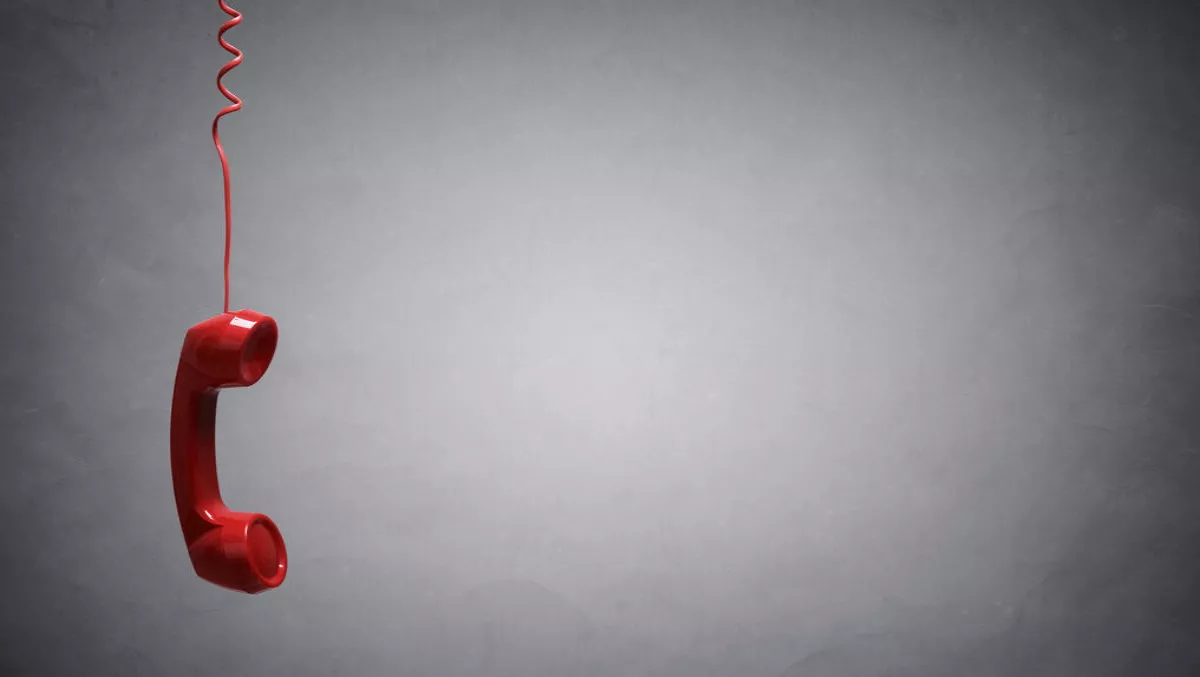
3 Facts About Naked Broadband You've Probably Been Wondering About
Landline phones have been a household necessity for decades after the Bell Telephone Company has introduced the first ever copper-wire telephone infrastructure back in the eve of the 20th century. However, it wasn't until the 1950s that the whole "telephone in my house" thing actually took off in the country where it all started. The United States census data from 1940 to 1997 shows us that by the end of the 20th century, only 6,110 households had no phone out of 99,487 households assessed. That's in contrast to the 1960s, when nearly a fifth of all assessed households did not have a phone number.
Just a few short decades later, in 1973, Motorola rolled out the first ever cell phone. It wasn't much of a threat to the telecommunications industry since it took 10 hours to charge and only allowed for 30 minutes of calling time. But then the 1990s came along and cell phones were once again knocking at the door, this time with improved models that had very long battery lives, outpacing the landline at every step of the way. Landlines could no longer compete with cell phones adequately as wireless infrastructures became more reliable with every year that passed. The only option that telecommunications providers had was to either acquire cellular carriers or merge with them, then bundle telephone service together with this new Internet thing that's growing rapidly in households around the world. This is largely what they ended up doing.
Of course, competition always has a way of lifting its ears and changing the game. This is when providers in New Zealand and Australia decided to come up with an offer: "We can give you internet service and make the landline optional so you can pay us a little less." And thus naked broadband was born.
But there's a lot more to it than meets the eye. Here are a few facts about naked broadband you may have either pondered on in the past or forgot to ask about in the first place:
You'll Make Some Modest SavingsBecause your provider doesn't have to manage your telephone service, you could end up making some savings when you choose a naked broadband subscription. The savings you make often vary from provider to provider. If the company you want to sign up with can only offer copper telephone service along with fiber broadband (highly unlikely, since it is more economically feasible to serve you through one single infrastructure), then you stand to save the most by opting out of telephone services.
In most cases, you can look forward to saving a modest amount (around the 5 to 10 percent range) on your bills if you choose not to have a landline since opting for one wouldn't necessarily burden the infrastructure much more in the first place.
Naked Broadband Doesn't Stop You From Calling "From Home"Aside from the obvious fact that you'd still have a mobile subscription you can use to make phone calls, you're not entirely constrained to this option if you opt out of landline services. You can still use your provider's broadband services to layer Voice over IP (VoIP) services on top of it. In the end, this offers you more control since you can choose the VoIP provider that's right for you. Perhaps you might be more inclined to use your internet services for video communication rather than relying on more traditional means.
Your destiny is in your hands. However, should you choose to opt out of telephone services from your broadband provider, make sure that the VoIP subscription you have your eyes on gives you a better deal than the one you're leaving behind.
There Are DrawbacksNaked broadband, as attractive as it is, comes with small compromises. If your power goes out, for example, you will not be able to make phone calls from your VoIP service since this also cuts off internet access through your router. Since VoIP isn't dependent on a dial tone, you won't be able to send faxes, either.
Of course, having a mobile phone and an email address generally takes care of this drawback. But if you are a part of that narrow group of people who absolutely needs fax service, you will need to remedy this issue some other way or consider opting into your service provider's landline offer.
In the end, it all comes down to one question: "How much do I really need that landline?" If you're having doubts about whether or not it will be of any use to you as long as you have your mobile subscription, then you're much better off choosing naked broadband in the vast majority of cases. If you're a frequent faxer, well, you're going to have to wait a little while longer for people to realize that email exists.

